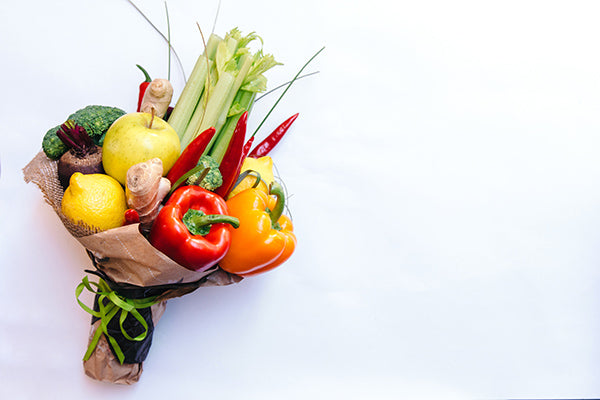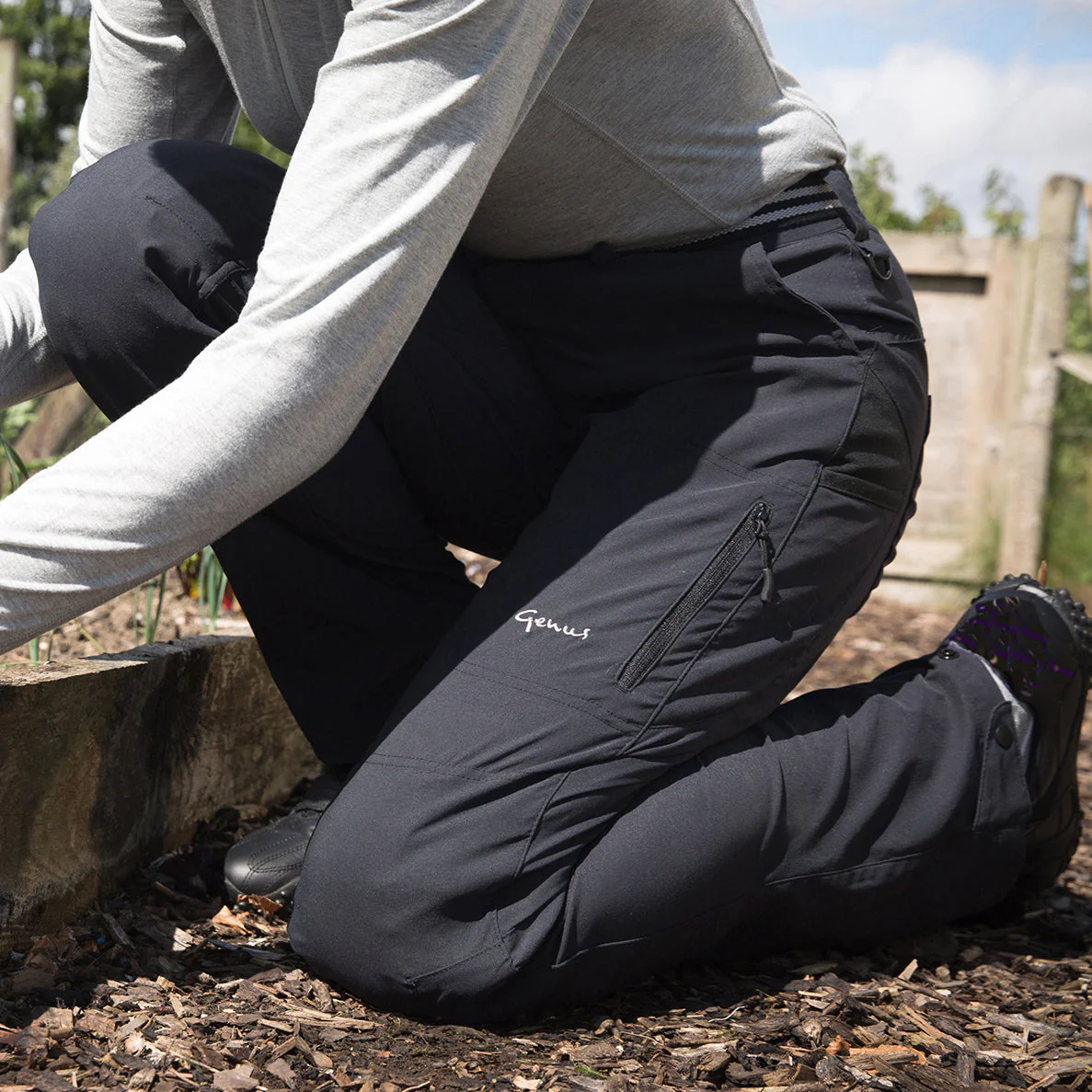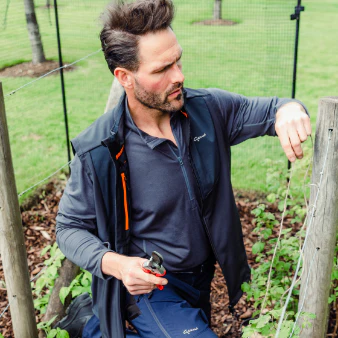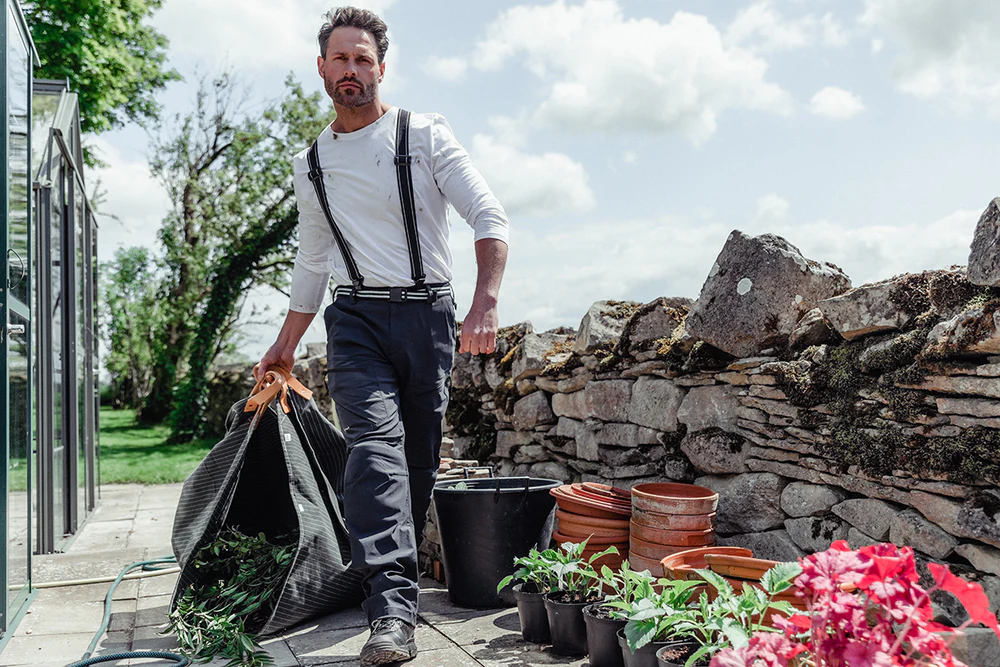Roses for Valentines are not the only blooms

Want to stand out this Valentines? British grown spring flowers are gaining in popularity over imported roses
We have noticed a bit of a push in the gardening community recently for gardeners to think about planting traditional and other rose varieties, even the Great British Garden Revival had an episode covering roses. When it gets to February the spotlight really shines on roses as one of the most bought items to celebrate St Valentine’s day.
The contemporary tradition of giving red roses representing heart-held love to a partner or sweetheart takes on enormous proportions. In Britain an estimated 800 million blooms are sold in the Valentine’s period. There are things to ponder though. By whom and where are these roses produced?
Last year the Guardian reported on the ethics of Valentine’s roses. They found that 70% or so of the roses sold in Britain come from the Lake Naivasha area, placing great demands on the water resources in the area, and whilst being the major export earner for Kenya, the benefits for local flower pickers and industry workers was far less clear. Maybe turning back to British produced in-season flowers (after all who can produce British rose blooms in the middle of cold wet February conditions?!) as well as ethically produced roses is something to consider.
There is a "fair flowers fair plants" label displayed on some blooms, which guarantees the product comes from growers who operate in a fair manner. There are also some florists and producers who are turning away from roses altogether and producing Valentine’s bouquet’s with British flowers such as early tulips grown in Lincolnshire, anemones and beautifully scented narcissi from Cornwall and the Scillies. Consider standing out from the rest this year and giving something other than roses for Valentines!











